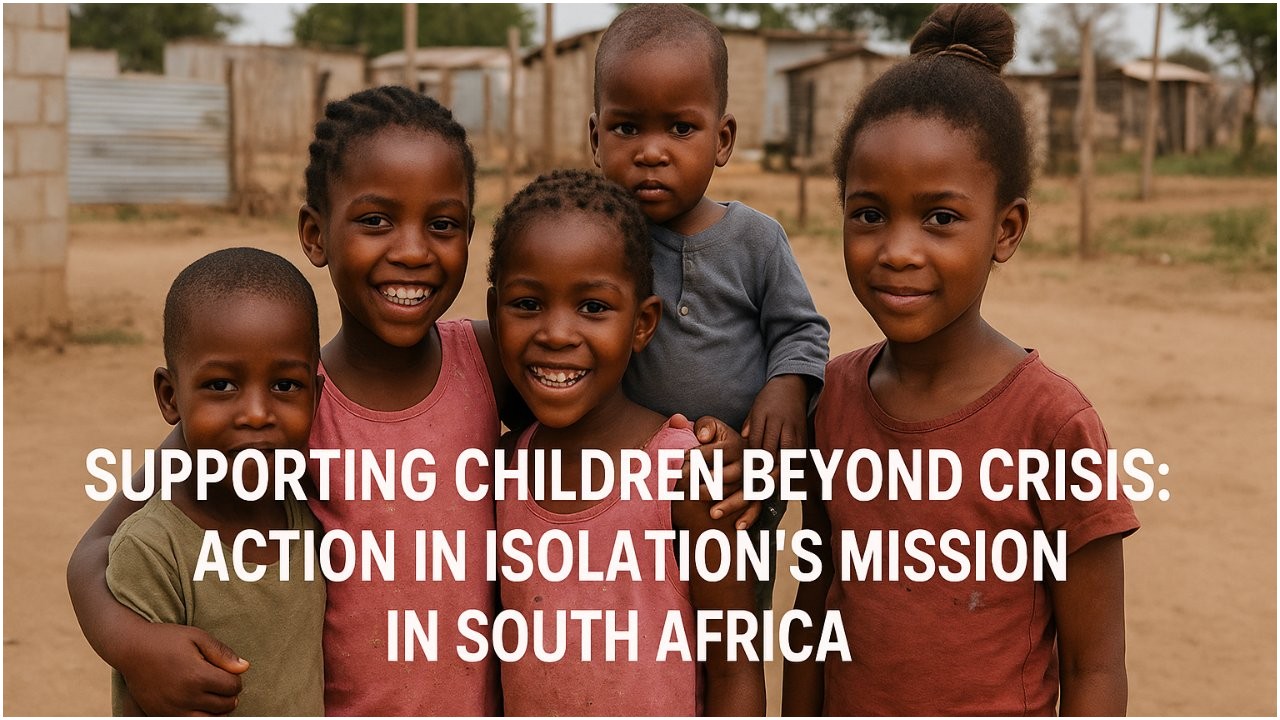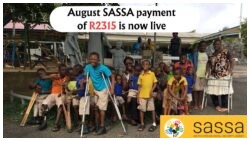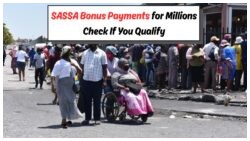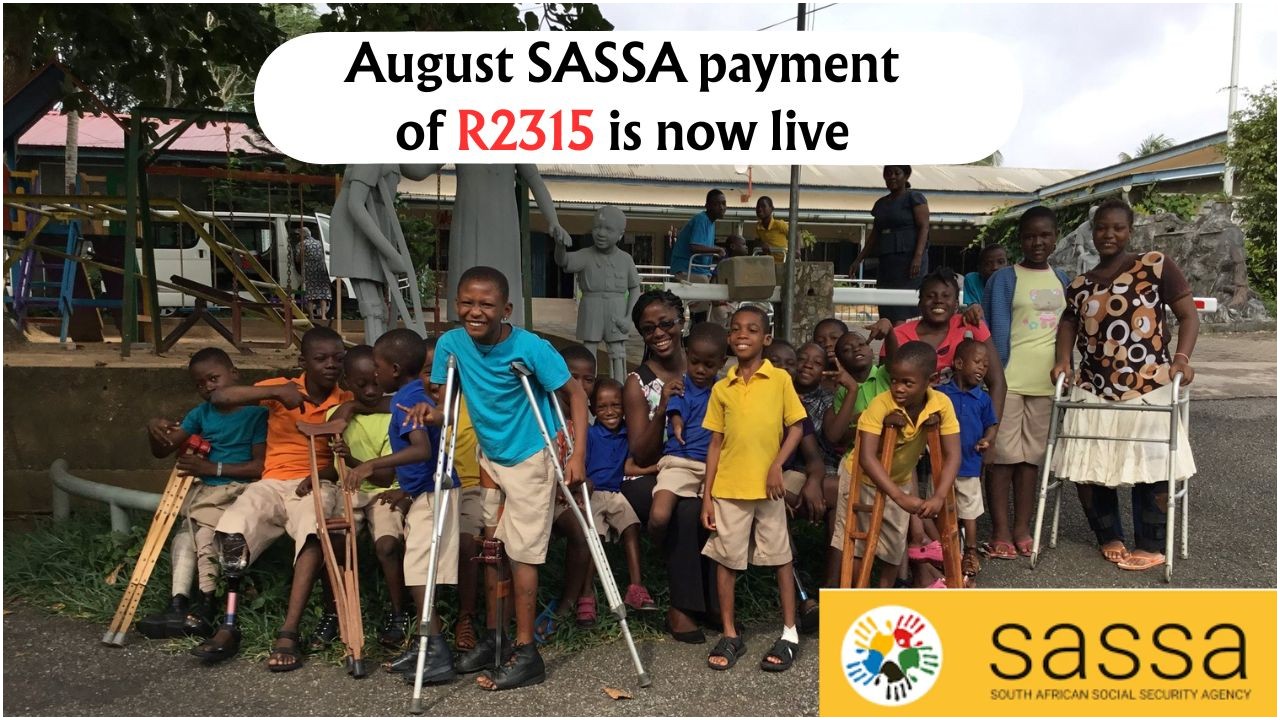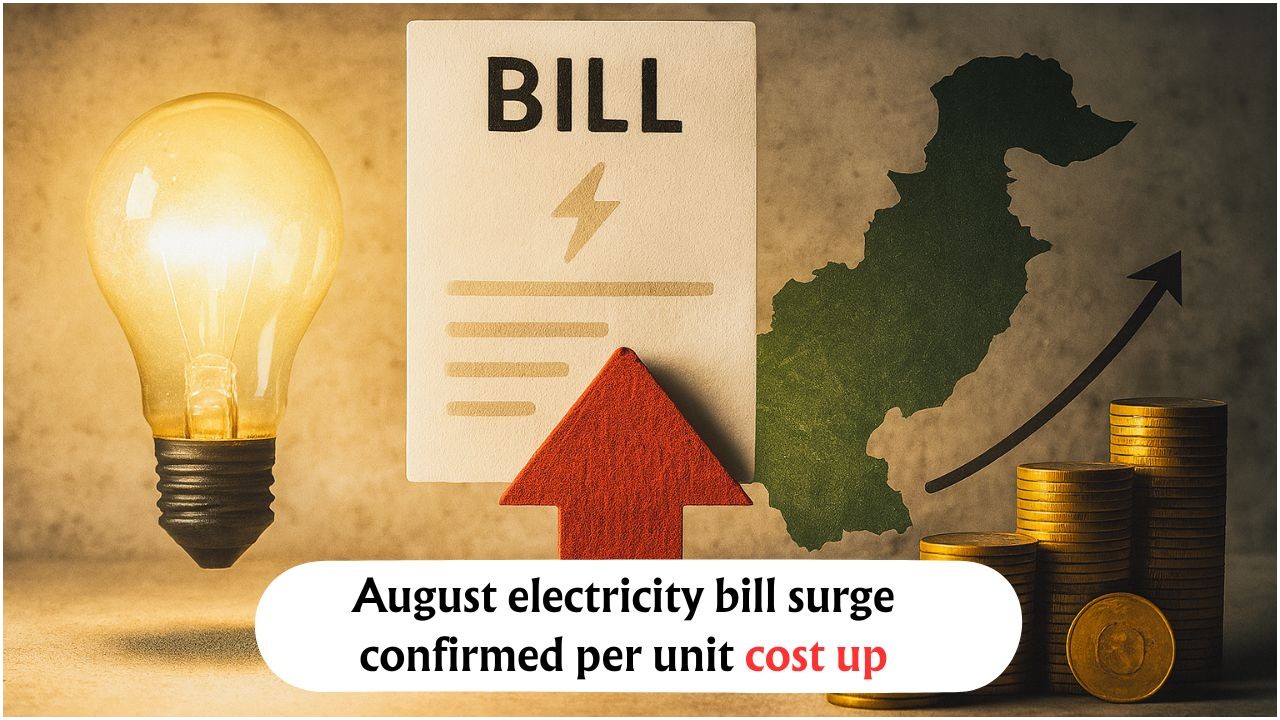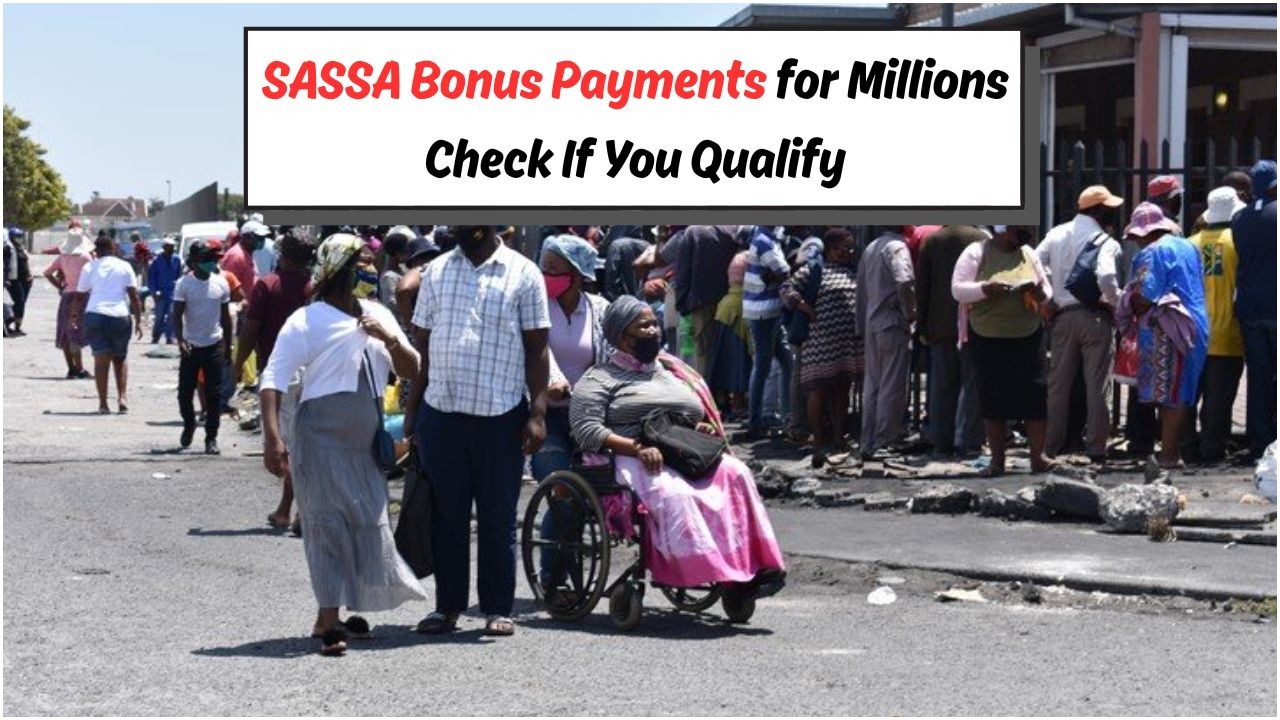Action in Isolation Mission – In South Africa, where the echoes of inequality and poverty continue to affect millions, one organization is stepping up to rewrite the story for the nation’s most vulnerable—its children. Action in Isolation is not just another non-profit; it is a movement built on empathy, resilience, and a deep commitment to empowering children in crisis-affected communities. This article dives deep into how Action in Isolation supports children beyond immediate crises, with long-term developmental goals in mind, especially in underserved and remote parts of South Africa.
The Origin of Action in Isolation
Founded in the wake of the COVID-19 pandemic, Action in Isolation emerged as a grassroots response to the urgent needs of children living in isolation—both physical and social. Rural schools shut down, food programs were suspended, and domestic violence rates surged. It quickly became clear that these children needed far more than a quick-fix solution—they needed a sustained mission to rebuild their futures.
From distributing food parcels in Eastern Cape to deploying mobile libraries in KwaZulu-Natal, the organization evolved rapidly into a community pillar.
Mission and Vision
Mission: To empower children from marginalized and isolated communities in South Africa by providing holistic support including food, education, emotional care, and future-ready skills.
Vision: A South Africa where every child—no matter how remote or underprivileged—has access to the tools and care necessary for a life of dignity and opportunity.
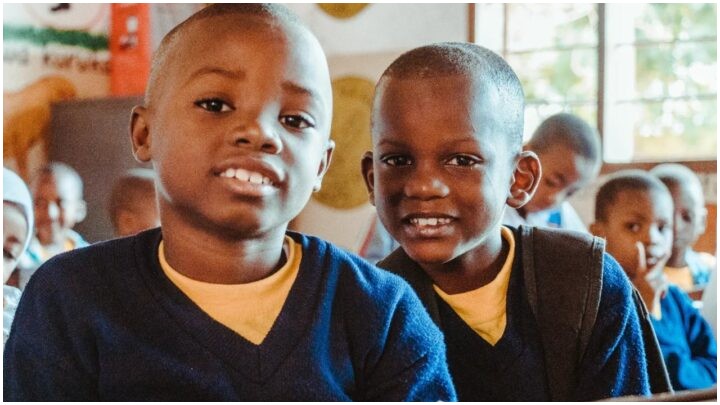
Core Areas of Support
1. Emergency Relief
During natural disasters, economic crises, or political unrest, the organization provides:
- Nutritional food hampers
- Emergency school kits
- Sanitary packs for girls
- Safe shelters and temporary relocation assistance
2. Educational Empowerment
Many children in rural or informal settlements still lack basic access to learning resources. Action in Isolation bridges that gap through:
- Mobile libraries and book vans
- Solar-powered digital classrooms
- Learning mentorship and tutoring programs
- School uniforms and stationery distribution
3. Mental Health and Emotional Support
Isolation causes invisible wounds. Many children grow up in silence, with trauma unspoken and untreated. The organization focuses on:
- Child-centered therapy sessions
- Art and storytelling as trauma release
- On-the-ground social workers and peer support groups
4. Community Involvement and Skills Development
Supporting children also means strengthening the environment they grow in. The NGO offers:
- Parenting workshops for caregivers
- Youth leadership training
- Digital literacy and coding bootcamps
- Girls’ self-defense and health education sessions
Impact Stories That Inspire
Lerato’s Journey in Limpopo
12-year-old Lerato was walking 12 km daily to reach her school, barefoot and often hungry. Action in Isolation not only provided her with shoes and meals but also got her enrolled in a local bike program. She now attends school regularly and is top of her class.
Sipho the Tech Star
In a village near Gqeberha, Sipho never saw a computer until age 14. Thanks to the organization’s mobile coding van, he now builds simple educational apps for local schoolchildren—and dreams of becoming a software engineer.
Challenges Faced
While the work of Action in Isolation is transformational, it is not without difficulties:
- Funding constraints: As a grassroots nonprofit, scaling efforts requires consistent donor support.
- Infrastructure gaps: In many rural areas, poor road conditions and lack of internet access hinder program implementation.
- Cultural barriers: Certain communities resist change, particularly in matters of girls’ education and mental health.
Despite these, the organization’s resolve remains firm. It partners with local leaders and continues to innovate ways to reach the most unreachable.
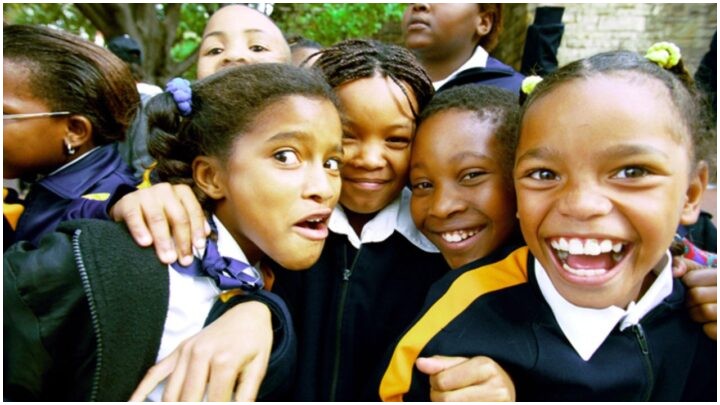
Strategic Partnerships
To expand its reach, Action in Isolation collaborates with:
- Local schools and clinics
- International NGOs like UNICEF and Save the Children
- South African universities for volunteer programs
- Government departments for alignment with education and social development initiatives
How You Can Help
Whether you’re an individual, school, business, or donor—your role can be pivotal:
- Sponsor a child: Monthly donations cover food, learning, and therapy.
- Volunteer: Teachers, therapists, IT experts, and translators are always needed.
- Corporate CSR: Partner on sustainable impact projects.
- Spread awareness: Sharing the mission creates a larger ripple of change.
To support or learn more, visit ActionInIsolation.org.za or follow them on social media.
In a country battling socioeconomic disparity, Action in Isolation stands out as a beacon of consistent, child-focused change. It does not merely react to crises—it transforms them into opportunities for growth, learning, and healing. By focusing on long-term empowerment, the organization ensures that children not only survive—but thrive—beyond crisis.
FAQs of Action in Isolation Mission
Q1. Where does Action in Isolation operate?
Primarily in rural and marginalized areas of South Africa, including Limpopo, Eastern Cape, and KwaZulu-Natal.
Q2. Can I volunteer remotely?
Yes, digital literacy sessions, mentorship, and fundraising campaigns welcome remote volunteers.
Q3. What age group of children do they support?
Children from 3 to 18 years old, with specific programs for early childhood and teenagers.
Q4. Are donations tax-deductible?
Yes, all donations made within South Africa are tax-exempt under Section 18A.
Q5. Is Action in Isolation affiliated with any political group?
No, it is a non-partisan, non-religious, child-centered organization.
